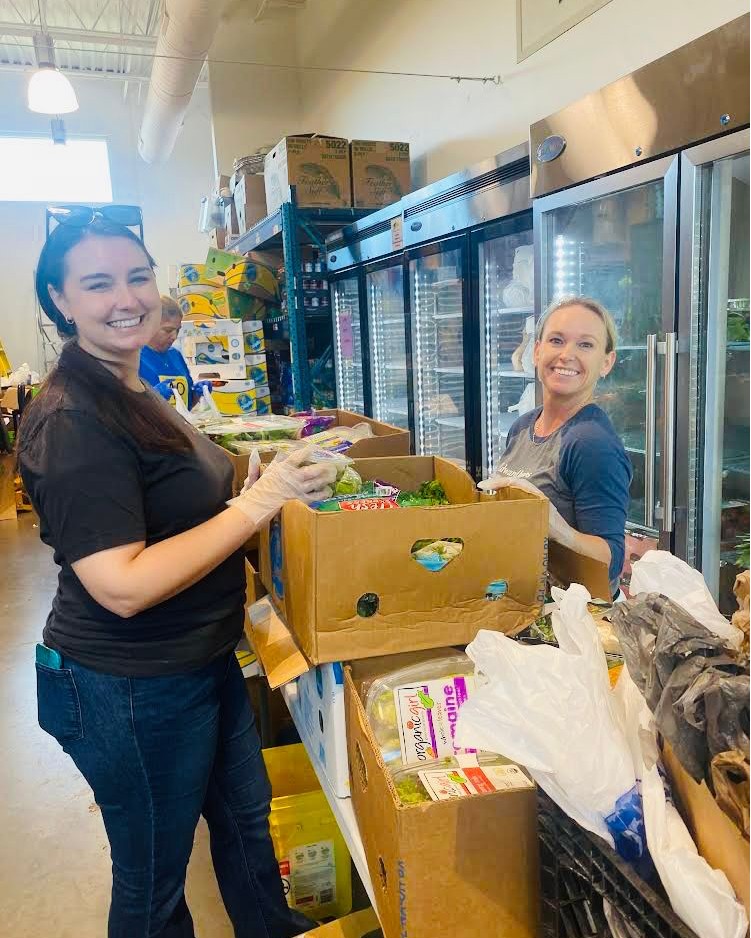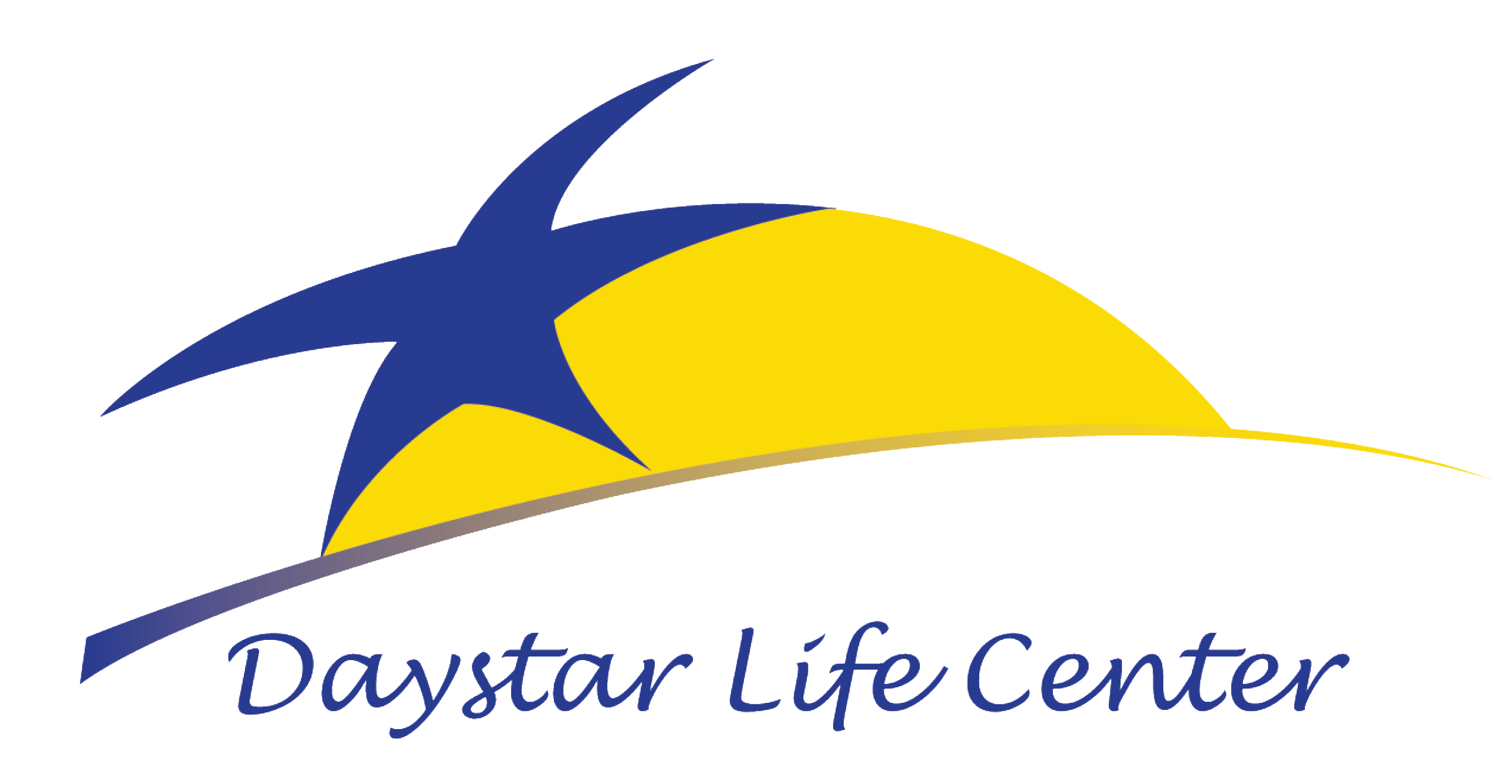The year 2023 brought with it a growing hunger crisis that is affecting millions of people around the world. Ringing in 2024 has not alleviated the situation. Food insecurity, defined as the lack of consistent access to enough food for an active and healthy life, has reached alarming levels. The current ongoing hunger crisis is characterized by a sharp increase in the number of individuals and families who are struggling to put food on the table.
According to recent statistics from WH Foods, nearly 282 million people worldwide are experiencing food insecurity. This represents a significant increase from previous years and highlights the urgent need for action. The number of people facing severe hunger has also risen. These numbers paint a grim picture of the state of food security and call for immediate attention and intervention.
Hunger relief organizations like Daystar, are seeing record numbers due to the growing Hunger Crisis. The human cost of hunger is real and affects individuals and families in our community in profound ways. Government and community support are crucial in addressing the hunger crisis and providing sustainable solutions, but nonprofit organizations are carrying a heavy load.
Food Banks Are The First Line of Defense Against Hunger
In the face of this growing Hunger Crisis, food banks have emerged as a lifeline for those in need. Food banks are nonprofit organizations that collect, store, and distribute food to individuals and families facing food insecurity. They play a vital role in providing emergency food assistance to those who are unable to afford or access nutritious meals.
Food banks operate by partnering with local grocery stores, restaurants, and farmers to collect surplus food that would otherwise go to waste. This food is then sorted, stored, and distributed to individuals and families in need through various channels such as community centers, schools, and shelters. Food banks also collaborate with other organizations to provide additional support services such as nutrition education and job training.
Why More People Than Ever Are Turning to Food Banks
Economic instability and rising poverty rates have left many individuals and families struggling to make ends meet. The increase in demand for food assistance can be attributed to several factors that have pushed more people into food insecurity, forcing them to turn to food banks for help:
- Job Losses
- Stagnant Wages
- High Living Costs
- Demographic Shifts
Vulnerable populations such as children, the elderly, and single-parent households are particularly affected by food insecurity. These groups often face additional barriers such as limited access to resources and social support networks, making them more reliant on food banks for their basic nutritional needs.
Food banks are facing serious challenges. The increased demand for their services puts a severe strain on their resources and capacity to meet the needs of their communities.
The Role of Government in Addressing the Hunger Crisis
Governments play a crucial role in addressing the hunger crisis through various programs and policies aimed at reducing food insecurity. These initiatives include social safety nets, such as cash transfer programs and food assistance programs, which provide direct support to individuals and families in need. Government-funded school meal programs also play a vital role in ensuring that children have access to nutritious meals.
However, there are criticisms of government responses to the hunger crisis. Some argue that these programs are not adequately funded or accessible to all those in need. There is a need for increased investment in social welfare programs and policies that address the root causes of food insecurity, such as poverty and inequality. Additionally, there is a call for governments to prioritize long-term solutions that promote sustainable agriculture and food production.

The Importance of Community Support for Food Banks
While government intervention is crucial, community support is equally important in addressing the hunger crisis. Individuals and organizations can contribute to food banks in various ways, such as volunteering their time, donating food or funds, or organizing food drives and fundraisers. Community involvement not only helps meet the immediate needs of those facing food insecurity but also fosters a sense of solidarity and empathy within society.
Community support extends beyond direct assistance to food banks. It involves advocating for policies that address the root causes of hunger, such as affordable housing, fair wages, and access to education. By working together, communities can create a more equitable and sustainable food system that ensures everyone has access to nutritious food.
The Stigma of Seeking Help
One significant barrier to accessing food assistance is the stigma associated with seeking help from food banks. Many individuals feel ashamed or embarrassed to ask for assistance, fearing judgment or discrimination. This stigma can prevent people from accessing the support they need, exacerbating their food insecurity.
Reducing the stigma surrounding food pantry use ensures that individuals and families feel comfortable seeking help. Education and awareness campaigns can play a vital role in challenging misconceptions and promoting understanding. By normalizing the use of food banks as a temporary solution during times of need, we can create an environment where individuals feel supported rather than judged.
The Challenges of Meeting the Demand for Food Assistance
Meeting the increasing demand for food assistance poses significant challenges for food banks. Limited resources, including funding and storage capacity, make it difficult to provide enough food to meet the needs of all those seeking assistance. Sourcing nutritious and culturally appropriate food can be a challenge, as different communities have diverse dietary preferences and restrictions.
To address these challenges, food banks need increased support from governments, businesses, and individuals. Adequate funding is needed to expand storage facilities, hire staff, and purchase nutritious food. Collaboration with local farmers and food producers can help ensure a steady supply of fresh produce. Collaborative partnerships with community organizations can help address the underlying causes of food insecurity and provide additional support services.
The Need for Sustainable Solutions to Hunger
While emergency food assistance is essential, long-term solutions are needed to address the root causes of hunger. Sustainable solutions involve addressing issues such as poverty, inequality, and environmental degradation. This requires a comprehensive approach that includes investing in education and skills training, promoting sustainable agriculture practices, and creating economic opportunities for marginalized communities.
Global issues such as climate change and food waste must be addressed to achieve sustainable food security. Climate change impacts agricultural productivity and increases food insecurity in vulnerable regions. Reducing food waste throughout the supply chain can also help redirect surplus food to those in need.
The Human Cost of Hunger
Behind the statistics and numbers lie the personal stories of individuals who have experienced food insecurity. These stories highlight the human cost of hunger and the devastating impact it has on individuals’ physical and mental well-being. From parents skipping meals to ensure their children are fed to elderly individuals having to choose between medication and food, these stories shed light on the daily struggles faced by those living with food insecurity.
Acknowledging the voices of those impacted by the hunger crisis is essential in driving change and creating empathy within society. By sharing their stories, we can raise awareness about the realities of food insecurity and inspire action at both individual and systemic levels.
Car Credit and Daystar Help Address the Hunger Crisis
The Hunger Crisis demands immediate action from individuals, communities, governments, and organizations. It is not enough to rely solely on emergency food assistance; we must address the root causes of food insecurity and work towards sustainable solutions. By prioritizing food security as a societal issue, we can create a world where no one goes to bed hungry.
Daystar is a Strategic Partner of Nuevo en US (www.nuevoenus.org), a nonprofit whose mission is to support newcomers to our country and the charities that help them. Nuevo and Daystar are grateful to Car Credit (www.carcredittampa.com) for funding their efforts to bring vital information and assistance to our English and Spanish-speaking neighbors.
Steve Cuculich, owner of Car Credit, has not forgotten his own childhood in an impoverished immigrant Chicago neighborhood. “It is our collective responsibility to ensure that everyone has access to nutritious food,” he says. “Together, we can make a difference and build a more equitable and sustainable future for all.”
Resources: WH Foods – https://whfoods.com/blog/food-waste-statistics/

